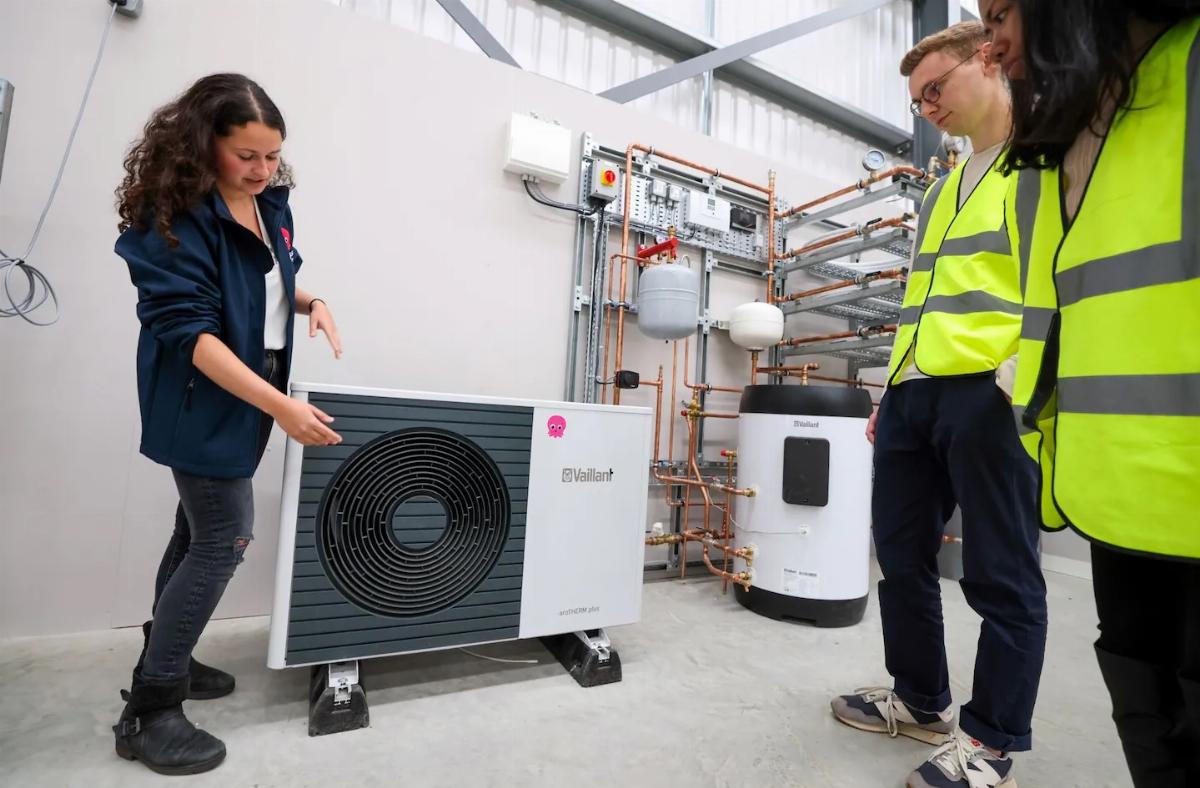
Germany faces challenges in heat pump adoption amid declining demand
Germany is experiencing a notable decline in heat pump adoption, a key initiative promoted by the Green Party to transition from fossil fuel heating to more sustainable solutions. As of mid-2024, the number of heat pump sales has dropped significantly, raising concerns among government officials and industry stakeholders. By the end of June, only 90,000 heat pumps were sold, reflecting a 54% decrease compared to the previous year. This decline poses a challenge to the government's goal of installing 500,000 heat pumps annually starting in 2024.
Economy Minister Robert Habeck has advocated for heat pumps, which harness ambient air or groundwater heat, as a means to create jobs while addressing climate change. Despite an initial surge in demand following the launch of a government campaign, the momentum began to falter towards the end of 2023. Analysts suggest that changes in subsidy policies may have led potential buyers to postpone their decisions. Homeowners faced confusion over the new regulations, compounded by inadequate media coverage that contributed to misconceptions about heat pump functionality in unrenovated buildings.
The recently introduced Building Energy Act (GEG) mandates that newly installed heating systems in both new and existing buildings utilize at least 65% renewable energy. However, functioning gas heating systems can remain operational and be repaired as necessary. Critics have labeled the legislation a bureaucratic hurdle, expressing concerns over the need for clearer guidance and planning security from the government.
The cost of heat pumps remains a significant barrier for many potential buyers. In Germany, these devices are generally more expensive than in other countries, and the electricity required to operate them also incurs higher costs. Although government subsidies can cover up to 30% of installation expenses, the maximum amount of support per residential unit is capped at €30,000.
Public sentiment regarding compulsory regulations around fossil fuel heating remains skeptical, with surveys indicating that up to 70% of Germans oppose mandatory replacements of existing systems. Amid this uncertainty, companies like Enpal report a resurgence in interest and are adjusting their operations to meet rising demand. However, established manufacturers such as Stiebel Eltron and Vaillant are reportedly facing significant challenges, including potential job cuts.
Looking ahead, industry experts express cautious optimism about the future of heat pump sales, anticipating a rebound in the latter half of the year. The recent opening of subsidy applications for larger housing companies is expected to further stimulate the market. Stakeholders believe that although challenges remain, the German market still holds potential for growth in the heat pump sector.







